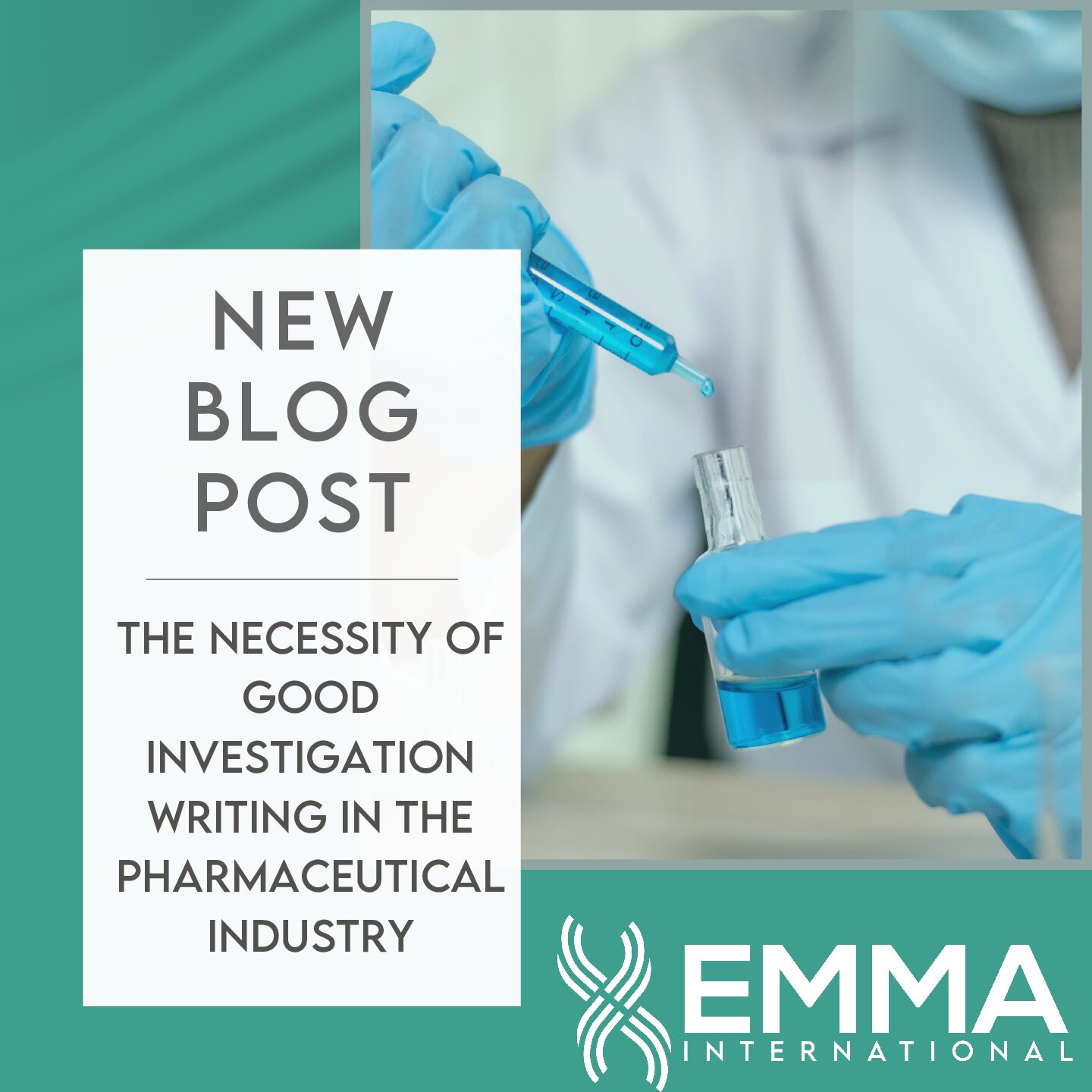Good Manufacturing Practices, or GMP’s, are well known for people in the medical device and pharmaceutical industries. Many people, however, are unaware of how critical a role they play in other consumer product industries such as cosmetics. The cosmetics industry is unique in that cosmetics are FDA regulated, but not FDA approved. The FDA defines cosmetics as any products that are intended to cleanse, beautify, or alter appearance.[1] So, if the FDA does not approve these products, how can they regulate them and what does that entail?
The FDA regulates cosmetics under the Federal Food, Drug, and Cosmetic Act (FD&C Act) and the Fair Packaging and Labeling Act (FPLA). The main purpose of these two laws is to ensure that cosmetic products are made and labeled in a way that is safe for public health. The FD&C act considers the following situations adulterations of cosmetics, and consequently could initiate an enforcement action against a manufacturer:
- The cosmetic product contains any poisonous substance
- There is dirt, decomposed, or otherwise extraneous material in the product
- The product was prepared, packed, or held under unsanitary conditions
- The product’s container is composed of poisonous substances
- The product contains unsafe color additives or other substances
Misbranding is also a major concern for cosmetics manufacturers, as the FDA considers any violation of the FD&C Act and FPLA a criminal offense. In short, although cosmetics do not require any sort of premarket approval from the FDA, they are still heavily regulated and require robust GMP’s. Additionally, cosmetic manufacturers should be maintaining and documenting all of their controls via their Quality Management System (QMS).
There has been a noticeable uptick in cosmetic products hitting the shelves in the past year or so, bringing more attention to the industry from the FDA. EMMA International’s team of FDA compliance experts has successfully helped cosmetic manufacturers implement GMP’s and maintain compliance, without putting an overdue burden on their organization. Give us a call at 248-987-4497 or email info@emmainternational.com to see how we can help your organization today!
[1] FDA (n.d.) Cosmetics Overview retrieved on 10/26/2021 from: https://www.fda.gov/industry/regulated-products/cosmetics-overview#:~:text=The%20FDA%20defines%20a%20cosmetic,attractiveness%2C%20or%20altering%20the%20appearance.







